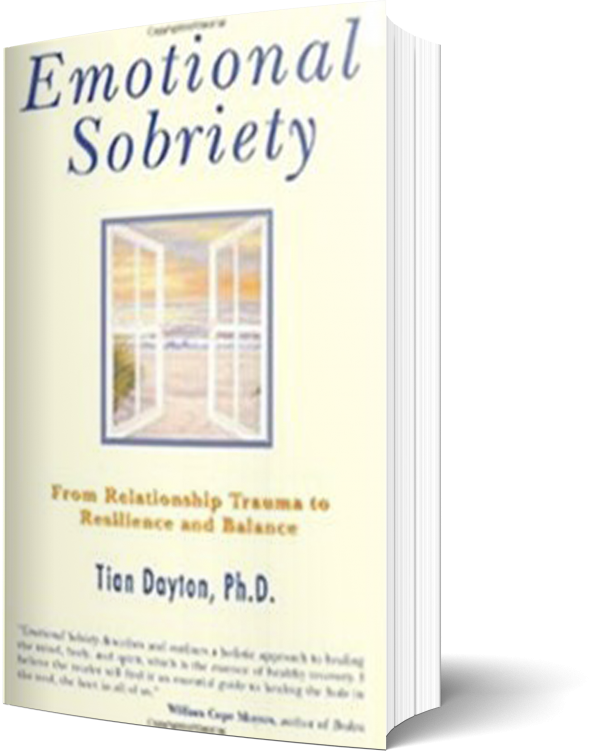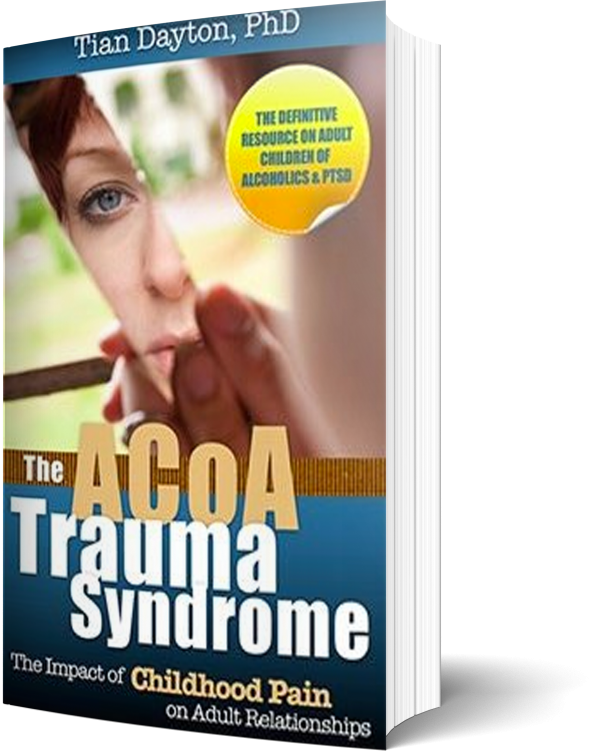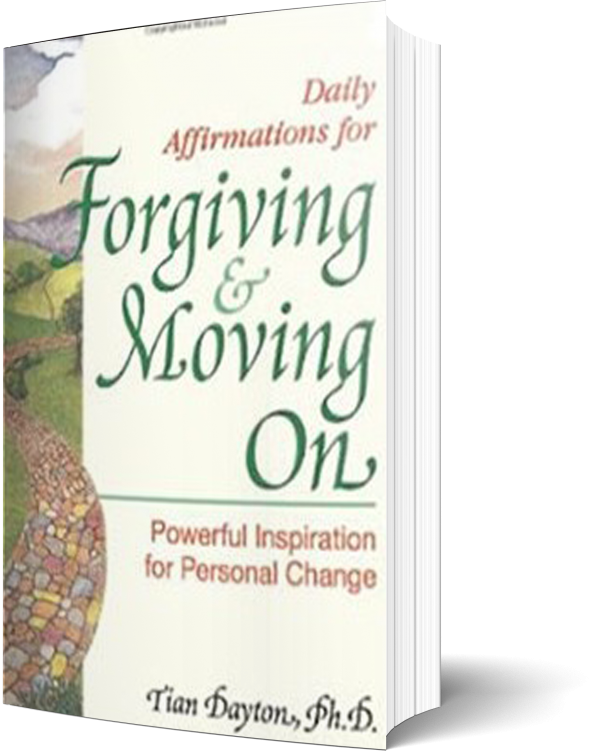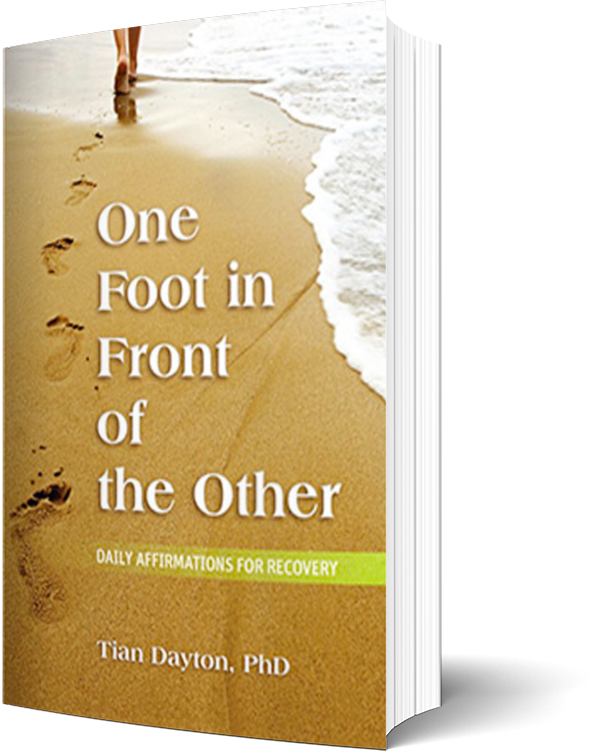Growing up with addiction is often traumatizing and can lead to post traumatic stress. If PTSD related issues remain unresolved, they can become a hot button in parenting. Even though the alcohol or drugs are no longer there, the thinking, feeling and behavior can remain. September is “Recovery Month.” Sis Wenger, CEO of the National Association for Children of Alcoholics wanted to specifically focus on moms for Counselor Magazine. She asked me some questions on how growing up with one or two alcoholic parents might impact mothering.
Sis: I find that people still don’t realize the extent to which addiction impacts family members, especially the kids NACoA was founded to serve.
Tian: I find the same thing, Sis, and it still surprises me. The thing we’re still wrapping our minds around is that childhood development is seriously impacted by growing up around the confusion and pain engendering dynamics that surround addiction.
Sis: And that trauma stays with them and affects their parenting?
Tian: It does. Kids whose fight or flight response is activated over and over again by the confusing and disturbing dynamics that surround addiction may become traumatized by that experience.
That trauma can surface years or even decades later in a post traumatic stress reaction. Adult children of alcoholics (ACoAs) can experience a form of PTSD from growing up with addiction.
Sis: How does that unresolved pain show up in ACoA moms?
Tian: It can show up in the same way that a car backfiring triggers soldiers because it reminds them of gunfire. The dependency and vulnerability of intimacy can also act as triggers for ACoA moms. When CoAs grow up and attempt to create families of their own, the emotional dynamics of close, dependent partner and parent relationships act as primers for what is stored in their memory systems on the subject of “familying.”
Sis: Why is this ACoA problem so hidden?
Tian: ACoAs are oftentimes high achievers; they have been managing on their own for years, so on the surface they can be quite functional and successful. However, their hypervigilance and woundedness can remain hidden underneath defenses that have been in place since childhood.
Sis: How does this old pain get passed down when ACoAs parent?
Tian: We used to talk about addiction skipping a generation, but I think it’s the trauma that is key. Traumatized people tend to have a certain hypervigilance. They “don’t know what normal is” so they don’t know what to worry about or what to let go of.
Children who grow up watching a parent slowly disappear into a bottle or a drug experience deep pain, loss, and confusion. This fear around losing what you love gets passed along.
ACoA moms can be big worriers. They pass along a certain anxiety and they often have a hard time with boundaries. In addition, there is this loss of self- regulation that is part of the trauma response, so ACoAs may alternate between emotional and behavioral extremes.
Sis: I notice that ACoAs, especially ACoA moms, often overprotect their children.
Tian: Oftentimes kids who grow up surrounded by addiction feel abandoned emotionally. This can cause them to be overly involved and overly protective of their children. There is of course an upside as well; ACoA moms are very much aware of what it feels like to be scared and alone so they can become very committed to being conscientious parents. The problem is that if they don’t heal their deep, hidden pain, it passes down through the quality of closeness, through the emotional fabric of the relationship.
Sis: And so these children become parentified?
Tian: Yes, exactly, ACoAs are oftentimes little caretakers of their parents and younger siblings; the roles get reversed. They put drunk parents to bed, comfort the other parent, keep the house tidy, and fix dinners and school lunches. They don’t do this because a parent is organizing everyone to pitch in, they do it to fill the gap dysfunctional adults are leaving in the home. They do it carrying pain and anxiety. Many kids who are parentified gain a sense of their own stability, power, and place in the family by caretaking, and they may continue to live out their caretaking patterns from childhood in their own parenting.
Sis: Can you give some specific examples of this?
Tian: For example, if the ACoA mom is anxious, but blocking that feeling, she may assume her child is anxious and try to attend to that in the child. Or, if the ACoA mom is rejection sensitive, she will overattend to her children if they are being rejected by a friend. They blow up over existing problems or even create new ones. They don’t know how to right size their own emotional reactions; they overrespond or they underrespond.
Sis: And this is done without awareness?
Tian: Generally, yes. ACoAs often don’t know that they don’t know. The childhood defenses against experiencing too much emotional pain can be very strong. As kids we rewrite, repress, “forget” or dissociate from the pain that we can do nothing about. It’s the nature of trauma. Kids who are feeling overwhelmed by the chaos around them “check out”—they dissociate and they freeze their feelings because it’s the only way they can get any sense of personal control. After all, they are small and dependent on their parents; they are trapped by the vulnerability of their age and size. Besides this, they make sense of their parent’s erratic behavior with the developmental equipment they have at that time, and that sense can be very young and magical.
When they grow up and become adults, they just don’t have a mature sense of what happened and how it affected them. They are mature and functioning adults with wounded little kids hunched down in silence deep inside of them.
Sis: So this wounded inner child inside of ACoAs gets triggered when they have their own kids?
Tian: Exactly. There is a grief reaction called “an age correspondence reaction” that I find particularly interesting when it comes to ACoAs. Essentially this means that when our own children reach an age that was previously painful for us, we overreact to them at that age. We mix up our own unresolved hurt that our own inner child carries with our children’s.
We layer the unresolved pain that the child inside of us carries onto our kids. We then set about fixing in them what really needs fixing in us.
I put a list in my book The ACoA Trauma Syndrome that presents some of the issues that ACoA parents might struggle with (see text box).
Sis: Why don’t ACoAs recognize this and try to get help?
Tian: Because the pain is unconscious and surfaces unconsciously through triggers and memory primers. The trap is that because ACoAs often have the capacity to understand what happened to them, they mistake understanding for emotional processing; their pain remains untouched and unprocessed. They can refer to it, but not feel it, process it, and let it go or at least transform into another stage. They block it in a thousand clever ways.
Sis: Is this the whole story?
Tian: There is some great research by the positive psychology people on the
trauma “rate of growth.” The good news is that for many of us, trauma closes one door and opens another, causing life-altering growth. If ACoA moms can embrace recovery they are in a brilliant position to be great parents because they know what not to do. They know what felt great, and they know what hurt. Once they process their own pain they can marshal this deep knowledge and awareness that they gained through traumatic experiences and use it towards good. They can become highly motivated to contribute in positive and powerful ways to the lives of their children and subsequent generations. They can make a difference.
Sis: Thanks, Tian. As always, your insights and sensitivity to the pain of growing up in families hurt by addiction are so clarifying. c Sis Wenger is NACoA’s president and CEO
“Reprinted with permission, COUNSELOR, The Magazine for Addiction and Mental Health Professionals.”





